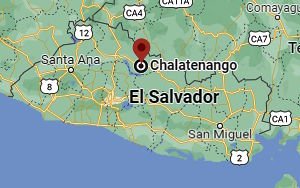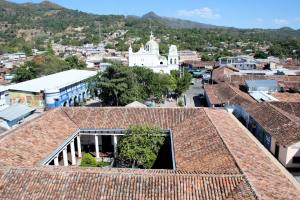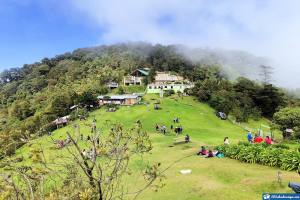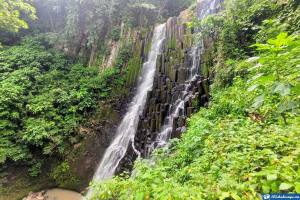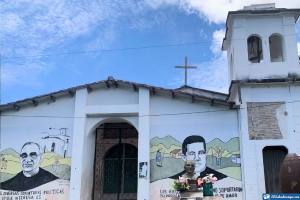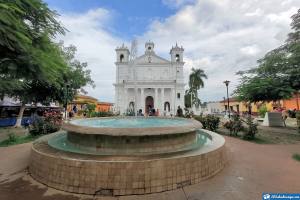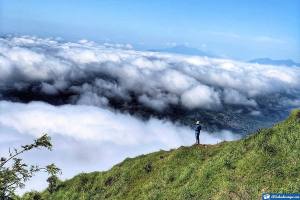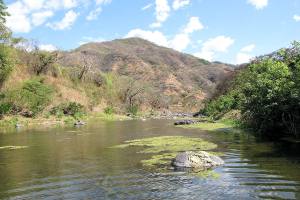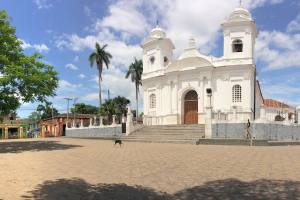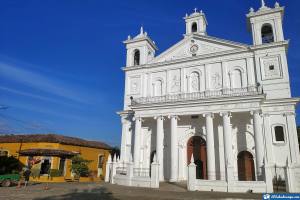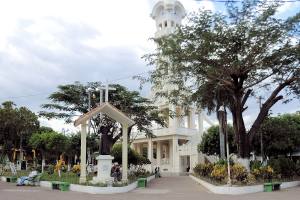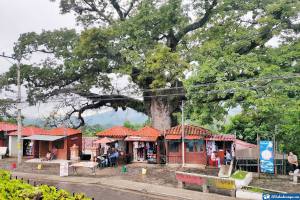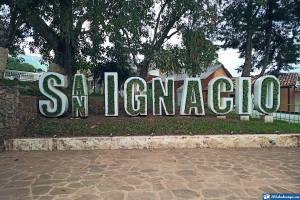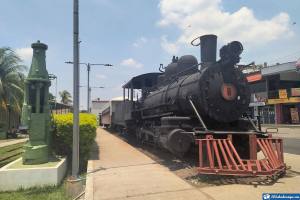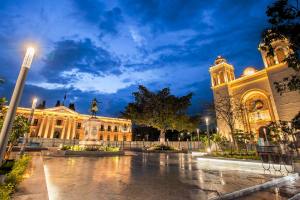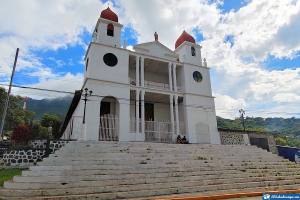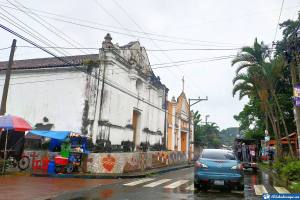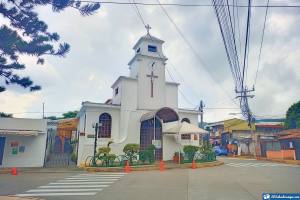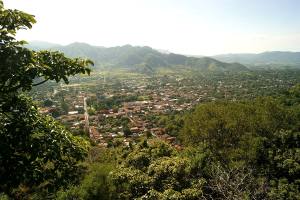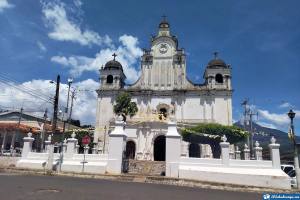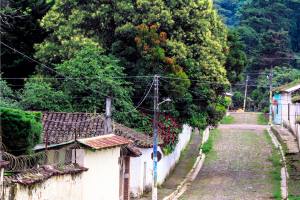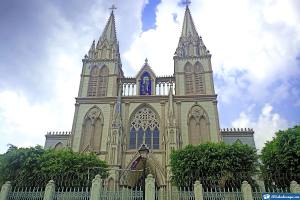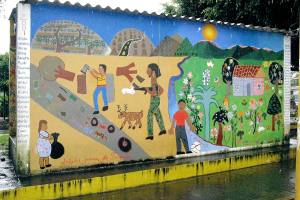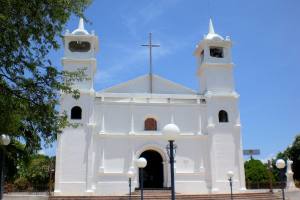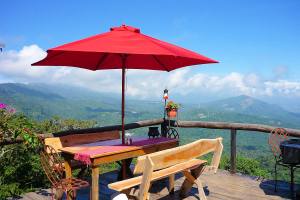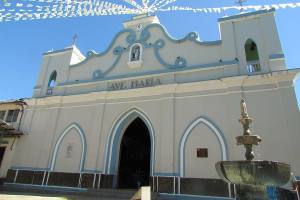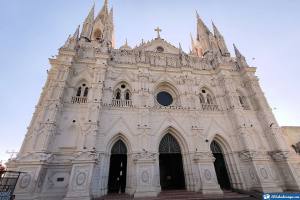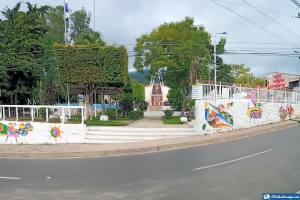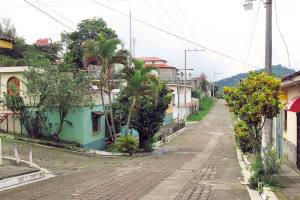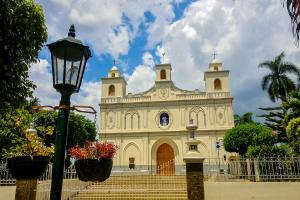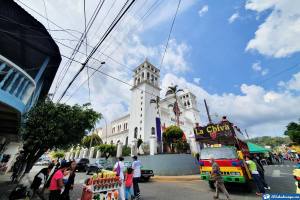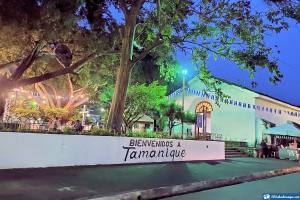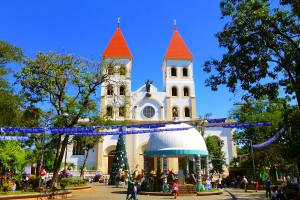In the north of the Central American Republic of El Salvador, we visit Chalatenango, a town full of traditions, legends, and fascinating history, which we will get to know as we walk through its charming streets and go deep into its forests and mountains.
Enjoy the beautiful views of Chalatenango, its gastronomy, and the warmth of its people.
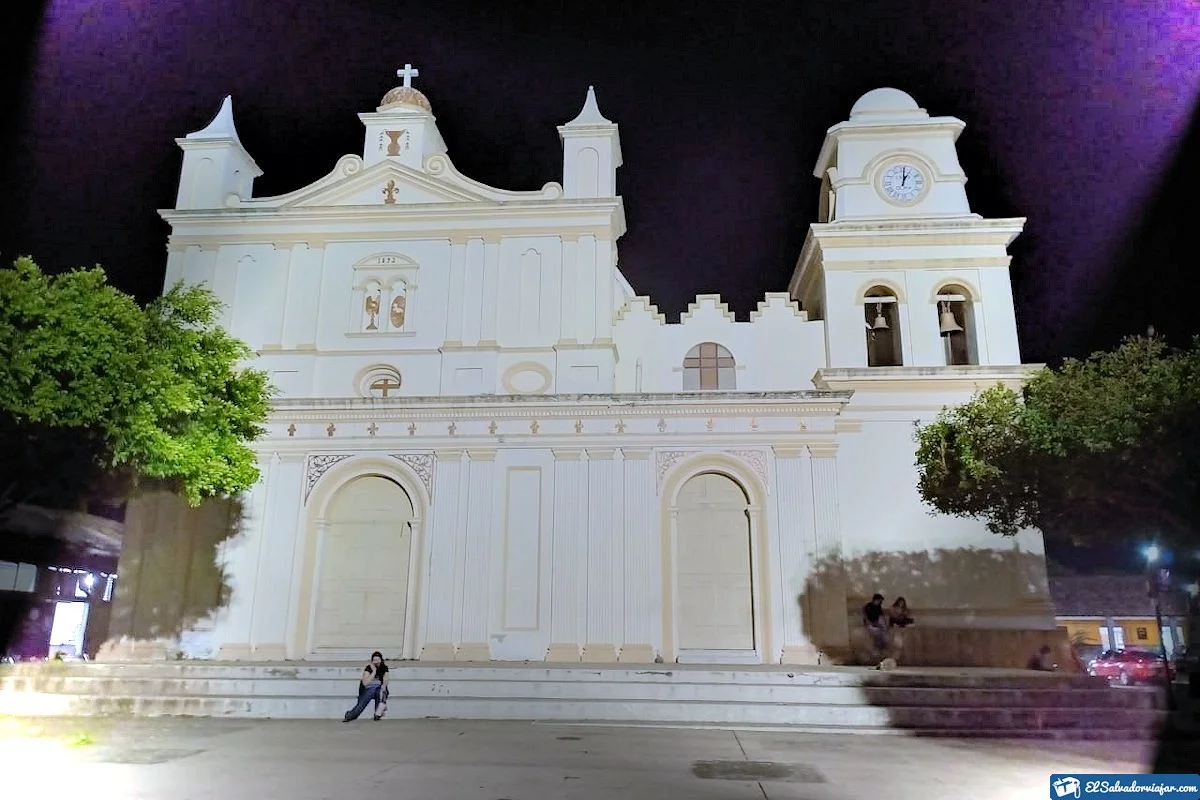
CHALATENANGO - Villages of El Salvador. Photo by ElSalvadorViajar.
Chalatenango Data
| Country: | El Salvador |
|---|---|
| Department: | Chalatenango |
| Category: | Villages |
| Elevation: | 396m |
| Surface: | 131,8km² |
| Population: | 21.102 |
History and Characteristics of Chalatenango
In the north of the country, the municipality of Chalatenango is surrounded by the mighty Lempa River. The waters of the Tamulasco cross the village from end to end.
There is evidence that the Lenca tribes founded the village, probably in the seventh century, which centuries later joined the Pipiles, of Nahuatl origin, and the Chortís, of Mayan descent.
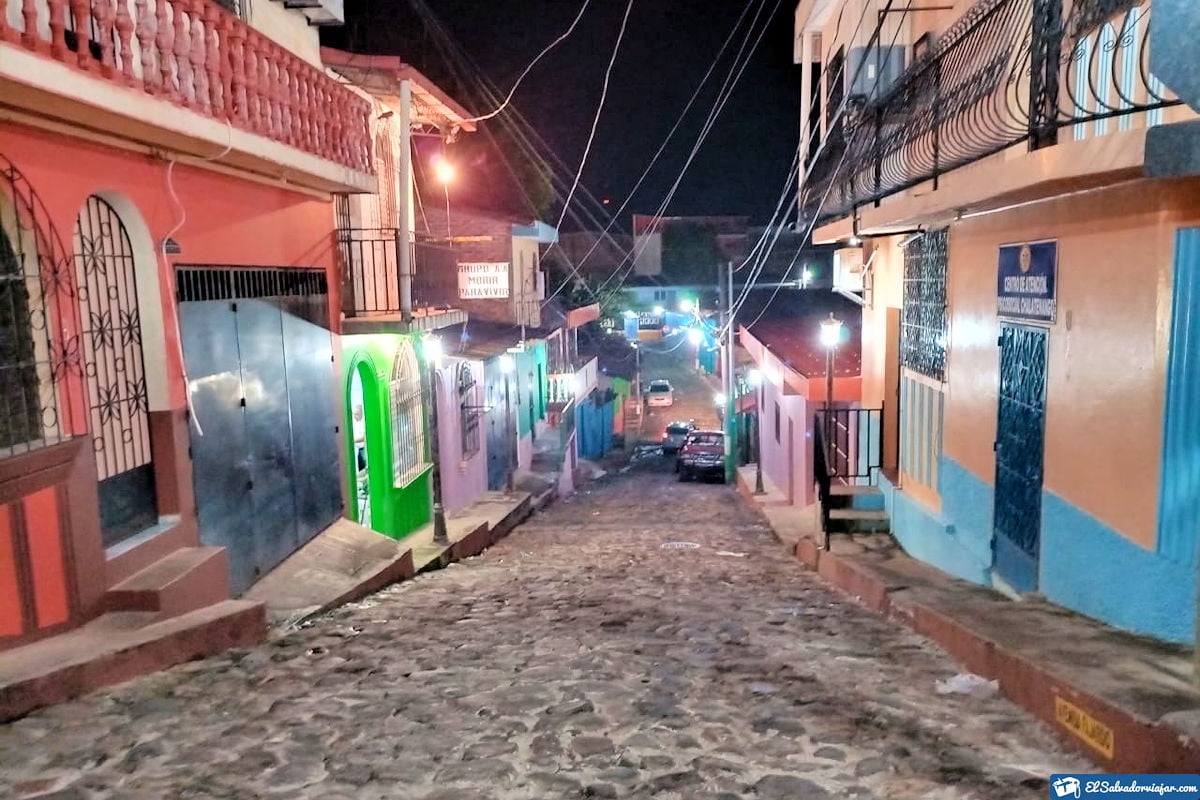
Conquered by the Spaniards in the XV-XVI century, it was called San Juan Chalatenango, and in 1831, the population obtained the title of the villa. By the XIX century, it was officially known by its current name.
Chalatenango comes from several words of Nahuatl origin and means “the valley of waters and sands” due to its natural environment.
Any time of the year is the perfect time to visit this wonderful Salvadoran town, although the Chalatecos tell us that from May to September, there could be heavy rains, which does not detract from this charm, our favorite destination.
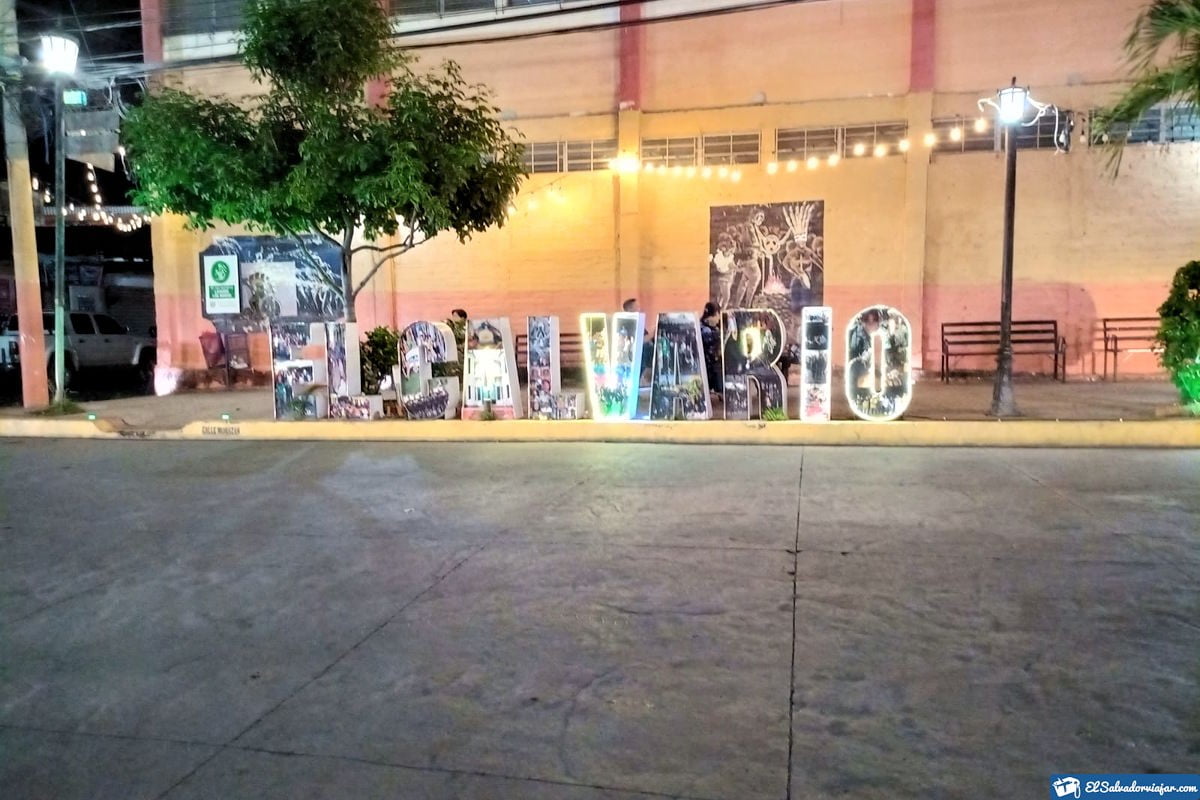
Due to its privileged location, the fertile lands produce sugar cane, coffee, fruits, and vegetables, highlighting the livestock and handicraft production of items such as basketry, pottery, and ceramics.
What to see and visit in Chalatenango
The Salvadoran people have always been very Catholic, so its main temple, the Cathedral of San Juan Bautista, was built almost three centuries ago as an architectural jewel in honor of the town’s patron saint.
Another sanctuary with great history is the Church of El Calvario neighborhood, located in that parish, which follows the tradition of the Calvareño Indians when they thank Mother Nature for the harvests.
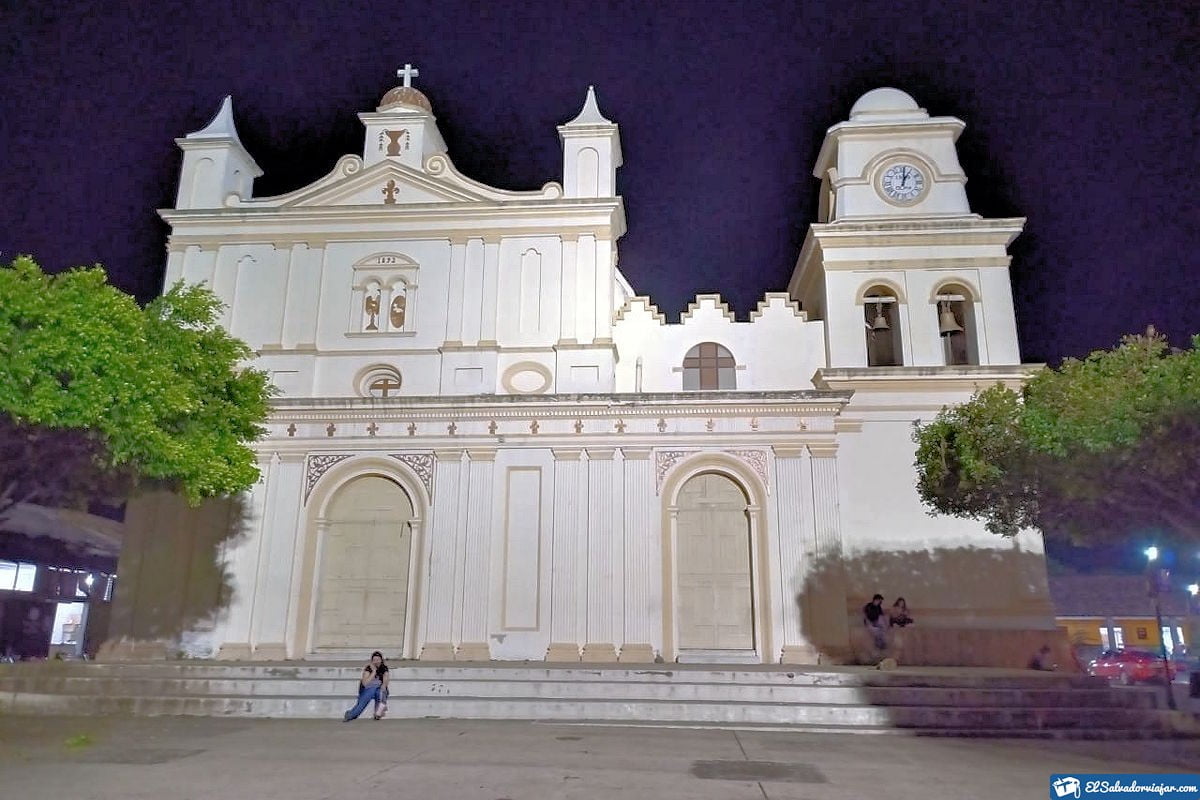
The particularity that we will see in Chalatenango, especially in the houses of the historic center and in others of the urban cone, are the portals, which keep a curious history. In colonial times, indigo was traded in the town, for which a fair was organized on November 1, and this covered space allowed merchandise to be protected.
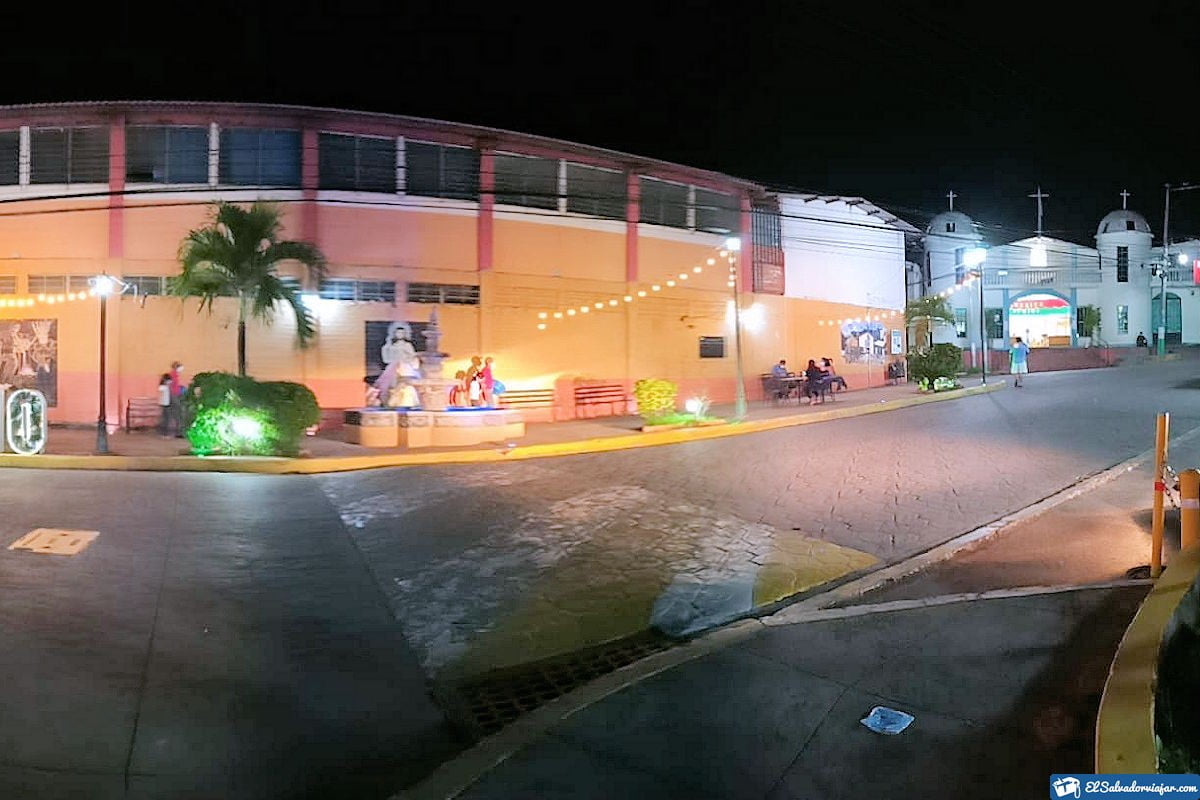
Today, it is beautiful to walk through the spaces of the city of portals, where all kinds of products are sold, giving a unique air to urban architecture.
A characteristic detail of the streets of Chalateca is that they maintained their original stone designs; however, as a product of modernity, they were replaced with cobblestones or cement, and today, only Fajardo Street survives, which is protected by municipal ordinances.
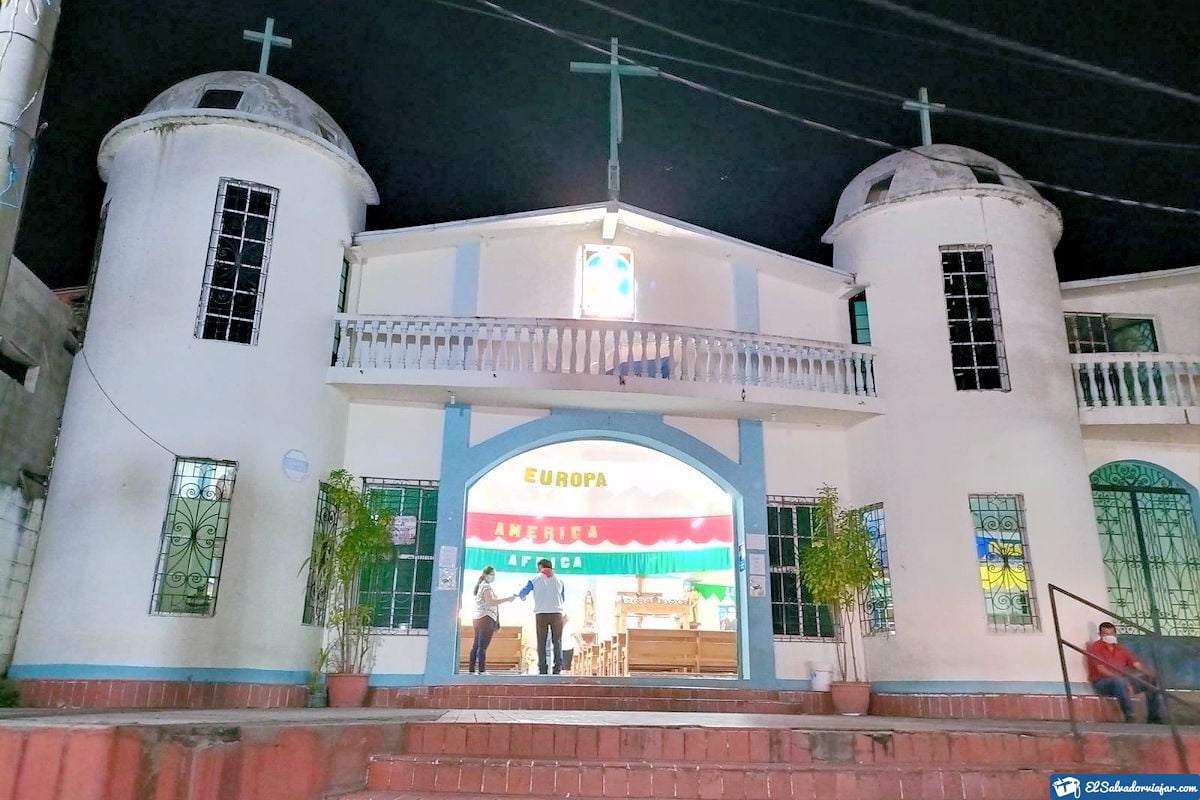
In the municipality of Dulce Nombre de María, there is still a legend that began in the XVIII century, when the Spaniards repopulated the area, joining among themselves, which is why it still says that the vast majority of its natives “have the whitest skin.”
Chalatenango’s Patron Saint Festivities and Gastronomy
The customs and traditions mark the way of being of the Chalatecos when they celebrate their most outstanding regional festivities during June, the Patron Saint festivities in honor of San Juan Bautista.
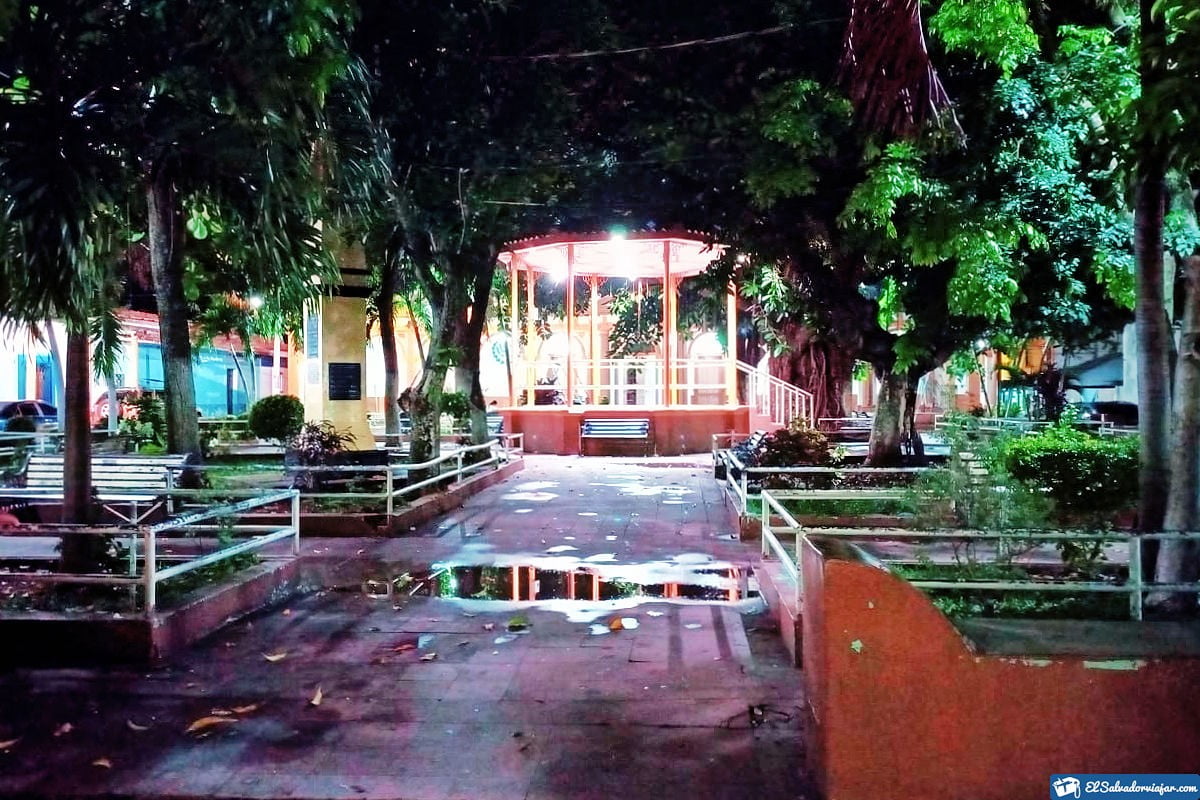
The festivities are in honor of “Immaculada Concepción.” In December, the most popular gatherings are the occasion of the Child Jesus Birth, from the 17th to the 24th of the same month.
The most popular dishes are, of course, the pupusas with their different fillings, as well as tamales, empanadas, and stuffed bread.
The most famous candy is the chalateco gum, a mixture of the pepitoria seed with peanuts; connoisseurs say it is a delight.
Nearby places to visit
Once we have toured this gentle city, we search for adventure in the surrounding area.
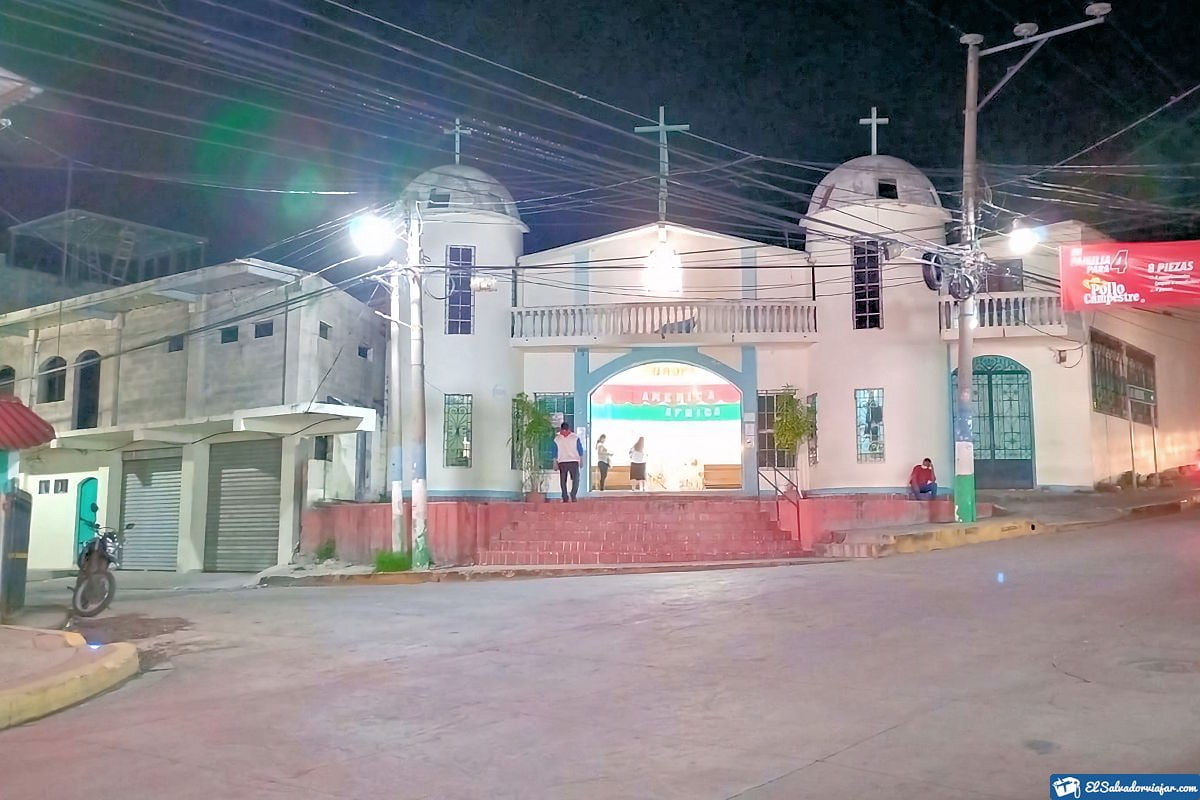
The most important place in this Salvadoran department, without a doubt, is the El Pital Hill, the highest point in the whole country, with more than 2,000 meters high and exuberant beauty.
Its climate is so pleasant that it stays at an average of 12° Celsius, so it is recommended to dress warmly.
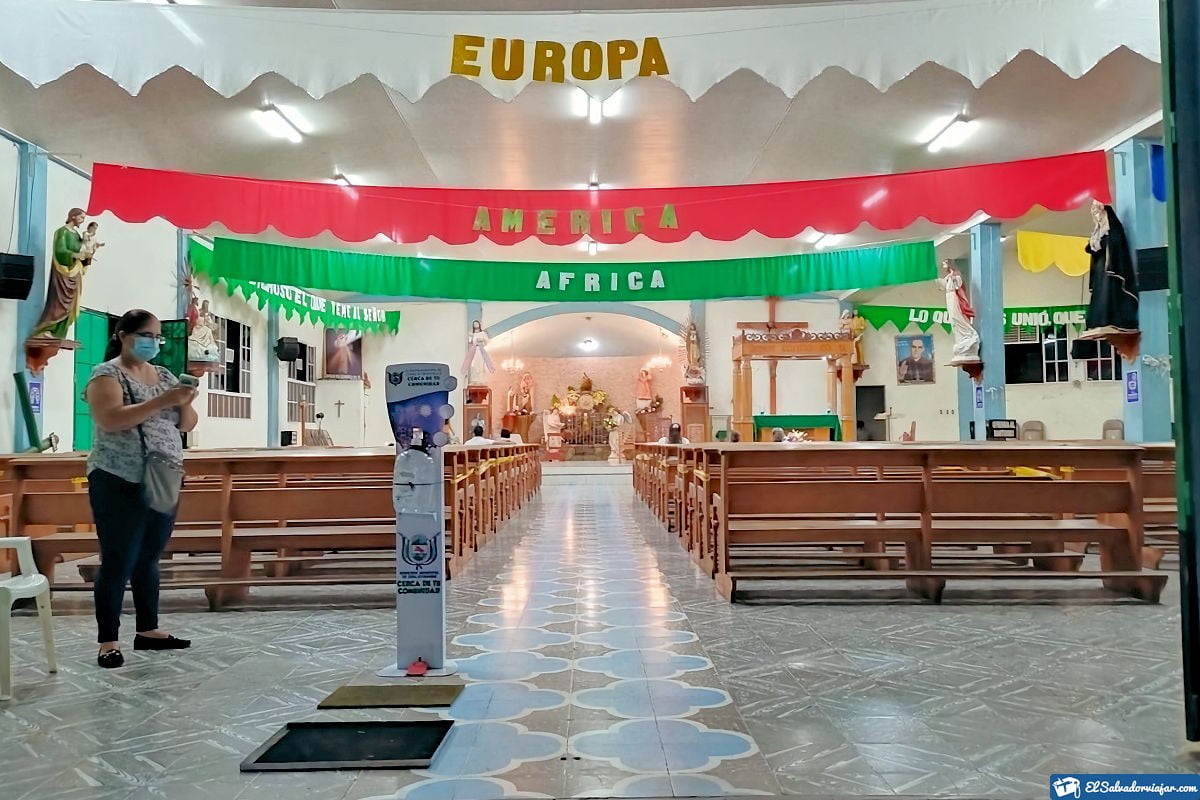
Here you can camp and have a wonderful experience, where we are surrounded by living nature and splendidly pure air.
To buy wooden handicrafts, we go to the municipality of La Palma, where we can also enjoy some of its restaurants and spend some time with the family.
If you dare to walk, you can climb the Eramon Hill, where you will be covered by a cool breeze and have the most spectacular views you can imagine.
Visiting El Salvador, and especially Chalatenango, will become an experience that will fill your senses. Comfort your spirit, and will make you promise that in the short term or on your next vacation, you will return to renew your learning and then say, you got to touch the sky.
